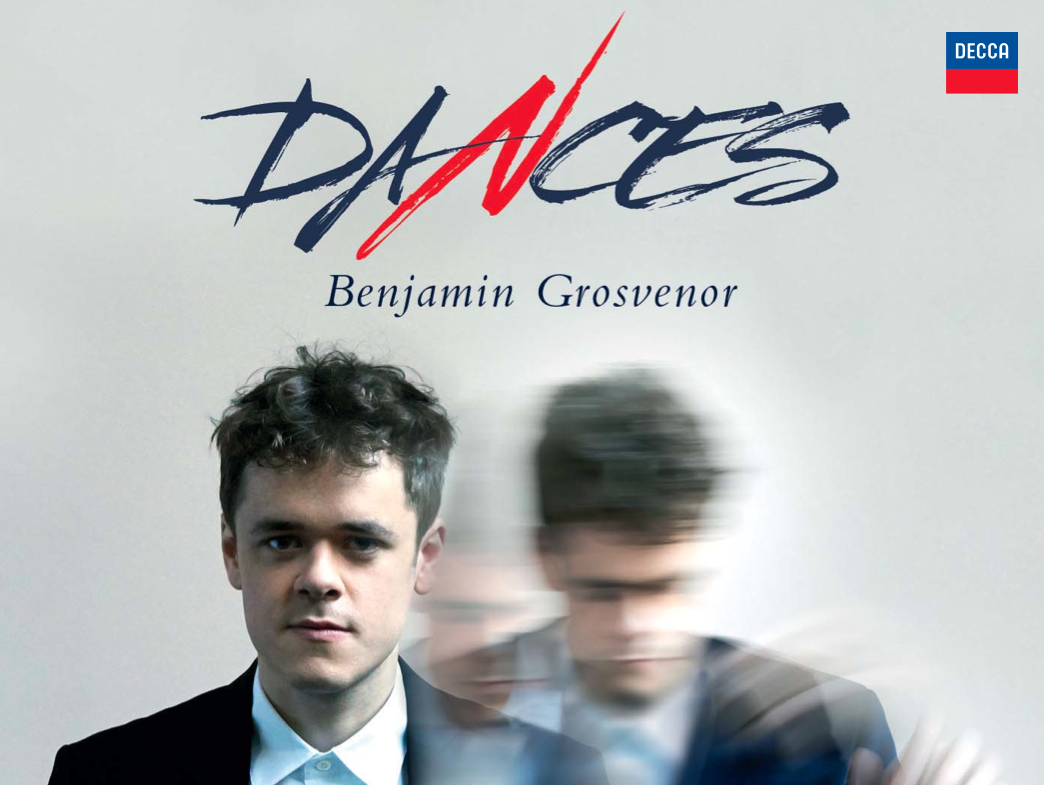Richard Strauss’s association with the Berlin Philharmonic
lasted for over half a century.
The orchestra was formed in 1882 by an independent group of
musicians and first played one of Strauss’s works in 1887, when Karl Klindworth
conducted the 23-year-old composer’s F minor Symphony, a work which, dark and
resplendent in its colouring, lacks the individuality of the Munich composer’s
later output. If the performance proved only tolerably successful, the fact that
it took place at all at such an early stage of Strauss’s career is remarkable.
During the first three years of the orchestra’s existence, when its
subscription concerts were conducted by Franz Wüllner, there were still no
works by Strauss that the orchestra could have performed; and, by the time that
such works did exist, Wüllner was already in Cologne, where he gave the world
premieres of Till Eulenspiegel and Don Quixote with his Gürzenich
Orchestra. In Berlin, meanwhile, Hans von Bülow had taken charge of the orchestra’s
fortunes. He knew Strauss from Meiningen, acknowledging him as a “first-rate”
conductor and an “exceptional musician” who had it in him “to assume the highest position of command
with immediate effect”. And so Strauss was invited to conduct the Berlin
Philharmonic. The concert agent Hermann Wolff, who was the orchestra’s
éminence grise, even helped to sponsor Strauss’s appearance with the aid of an
exceptional travel allowance – even as a young composer Strauss already enjoyed a certain
cachet.
At his first concert with the Berlin Philharmonic on 23
January 1888 Strauss conducted his own symphonic fantasy Aus Italien. Press and
public and, not least, Bülow were impressed by the atmospheric work, and
Strauss was no less enthusiastic about the orchestra, describing the players in
a letter to his father as “the most intelligent, fantastic and alert orchestra
I know”. But there were also disagreements: in 1890, for example, Bülow refused to allow Strauss to conduct the
local premiere of Don Juan and insisted on conducting it himself,
comprehensively ruining it in the eyes of the mortified composer. Even so, this
did not discourage Strauss, who, having fallen in love with the city, was
determined to find a permanent position there, either with the Berlin
Philharmonic or at the Lindenoper.
An opportunity arose in March 1894 after Bülow, already
terminally ill, gave his final concert with the orchestra. Since Wolff was
unable to find an eminent successor, he turned to the 30-year-old Strauss, who
took over the orchestra’s ten subscription concerts during the 1894–95 season
and suffered the worst fiasco of his career.
The devastating reviews took issue not only with his
uninspiring appearance on the podium but also with his programmes: as was later
to be the case with his own Berlin Tonkünstler Orchestra and the Lindenoper’s Königliche Hofkapelle, he
conducted an above-average number of contemporary works that proved
indigestible fare for the capital’s conservative middle-class audiences.
The contract was
torn up prematurely, although contact between the two parties was not lost
altogether. In 1908 they even undertook a triumphant concert tour of France,
Spain and Portugal together. But by then Germany’s greatest living composer no
longer needed to prove himself in Berlin, for he was now an internationally
sought-after conductor and his symphonic poems were a regular part of the
repertory. The Berlin Philharmonic’s principal conductors during this time –
Arthur Nikisch and, from 1922, Wilhelm Furtwängler – were both important
advocates of his work. (Furtwängler made his debut with the orchestra in 1917
conducting Don Juan.)
When Strauss
moved to Vienna in 1919, his Berlin appearances became increasingly infrequent.
Even so, the 1920s witnessed the premieres of two of his works in Berlin: his Hölderlin
Hymns in 1921 and his symphonic studies Panathenäenzug in 1928. He
himself returned to the Philharmonie podium in March 1933, and in the November
of that year he shared the conducting duties with Furtwängler at a gala concert
marking the launch of the Reich Culture Chamber. His dubious association with
the Nazis culminated in 1936 with the first
performance of his Olympic Hymn. His final concert with the orchestra
took
place in April 1939, when the programme comprised Don Juan, the Symphonia
domestica and the Burlesque
for piano and orchestra.
The Strauss Memorial Concert in September
1949 was
conducted by Sergiu Celibidache. During the decades that followed, Berlin’s
Strauss tradition was shaped by Herbert von Karajan, whose recordings of this
repertory continue to be regarded as benchmark performances.
But many of the
visiting conductors who have had particularly close links to the Berlin
Philharmonic have also privileged Strauss’s works in their programmes, most
recently Gustavo Dudamel.
Dudamel was 22
when he first conducted
the music of Richard Strauss: Don Juan
with the
Philharmonia Orchestra in London.
Since then, he has championed many
of
Strauss’s songs, symphonic poems and concertos, including the Oboe
Concerto
with the Berlin Philharmonic’s principal oboist, Albrecht Mayer. With
the Simón Bolívar Symphony Orchestra, he has toured South and North America, as
well as Europe, with Don Juan,
Till
Eulenspiegel and the Alpine
Symphony, taking the entire Venezuelan orchestra up into the Swiss
mountains before the latter’s performance so that they could collectively
experience the atmosphere and majesty of nature which
Strauss had rendered into music.
In April and May
2012 Gustavo Dudamel conducted three performances of Also sprach Zarathustra in the Berlin Philharmonie, followed by four Berlin performances of Don
Juan and
Till Eulenspiegel in early 2013. The present release is his
first audio recording with the orchestra.
















%2B18.47.16.png)




